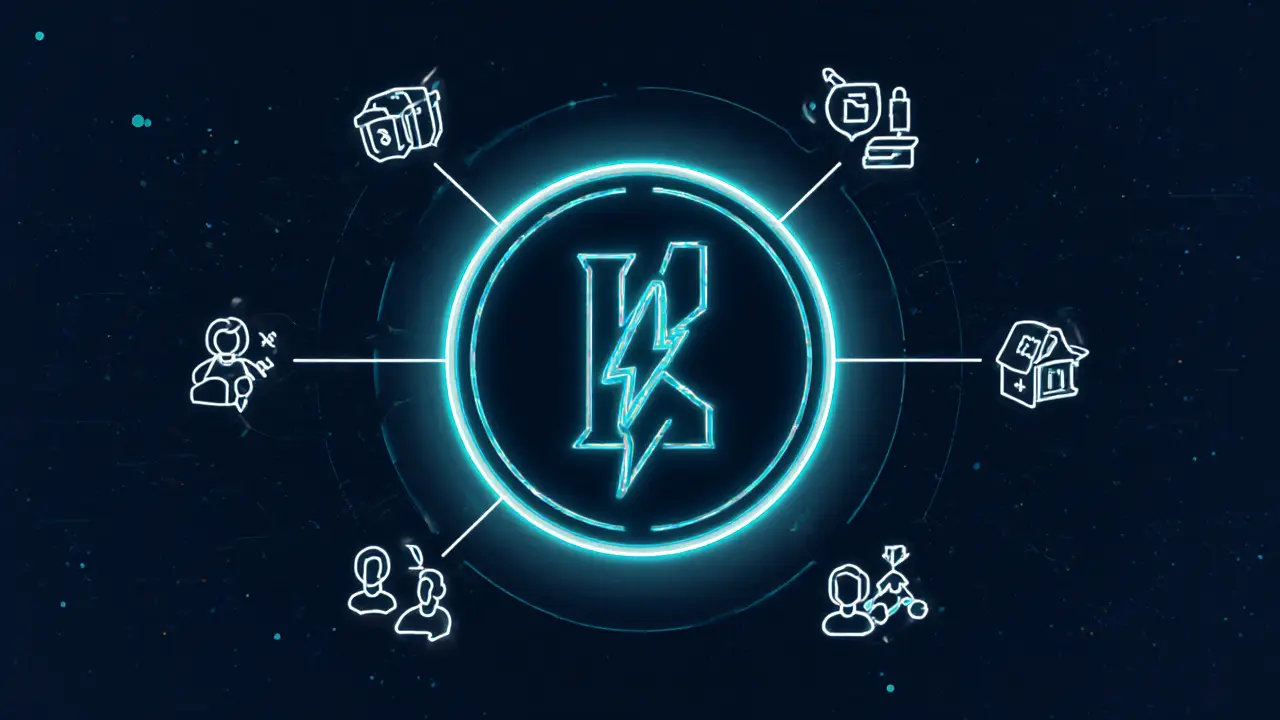Airdrop Safety: Protecting Your Crypto While Claiming Free Tokens
When dealing with Airdrop Safety, the practice of verifying airdrop legitimacy and safeguarding your wallet from fraud. Also known as crypto airdrop security, it helps users claim free tokens without falling for scams. A typical cryptocurrency airdrop, a distribution of tokens to eligible wallets to boost network adoption can look tempting, but without proper checks it can become a phishing trap. Phishing scams, deceptive messages that lure you into revealing private keys or signing malicious contracts are the most common threat. Finally, exchange security, the set of measures a platform uses to protect user funds and data plays a role because many airdrops require you to link an exchange account.
Airdrop safety is not just about spotting a fake tweet. It also means understanding the tokenomics behind the giveaway. If a token promises sky‑high returns but has no clear roadmap or team, that’s a red flag. Check the project's whitepaper, audit reports, and community activity. Real projects often publish a detailed airdrop schedule, list eligibility criteria, and provide a verification link on their official site. By cross‑referencing these details, you can separate genuine community incentives from pump‑and‑dump schemes.
Key Steps to Verify an Airdrop
First, confirm the source. Official channels include the project’s website, verified Twitter or Discord accounts, and reputable crypto news outlets. If you receive a direct message asking for a private key, that’s a classic phishing move—never share it. Second, look for a smart‑contract address on block explorers like Etherscan. A verified contract will show a clear source code, and you can read community comments for any warning signs. Third, evaluate regulatory compliance, how a project meets local laws and licensing requirements. Projects that ignore AML/KYC rules may disappear overnight, leaving participants with worthless tokens.
Another practical tip is to use a separate “airdrop wallet.” By keeping your main holdings in a secure hardware wallet and using a low‑balance address for claim processes, you limit exposure. If the airdrop requires you to sign a transaction, double‑check the gas fees and the contract’s permissions. A legitimate airdrop will only need a simple approval to receive tokens; anything that tries to move funds out of your wallet is a clear danger.
Exchange security also matters because many platforms host airdrop claim portals. Before connecting your account, review the exchange’s security features: two‑factor authentication, withdrawal whitelist, and cold‑storage percentages. Exchanges with a history of hacks or lax verification are riskier, and a compromised exchange could expose your airdrop claim to attackers.
Finally, stay updated with community alerts. Websites like BTC Sprint regularly publish airdrop reviews, highlighting which ones are verified and which have red flags. By following reliable sources, you can quickly spot new scams or confirm that a token’s distribution aligns with its roadmap.
With these guidelines in mind, you’re ready to navigate the airdrop landscape more confidently. Below you’ll find a curated set of articles covering real airdrop cases, phishing protection tactics, exchange safety checks, and the regulatory backdrop that shapes today’s crypto giveaways. Dive in to sharpen your skills and keep your crypto portfolio safe.

KingMoney (KIM) WKIM Mjolnir Airdrop Details & Safety Guide
Sep 9, 2025, Posted by Ronan Caverly
Explore verified details on the rumored WKIM Mjolnir airdrop by KingMoney, learn how to spot real airdrops, and follow safety steps to protect your crypto.
MORESEARCH HERE
Categories
TAGS
- decentralized exchange
- crypto exchange
- crypto exchange review
- crypto coin
- crypto airdrop
- cryptocurrency
- CoinMarketCap airdrop
- cryptocurrency trading
- smart contracts
- tokenomics
- DeFi
- cryptocurrency exchange safety
- crypto airdrop 2025
- cryptocurrency airdrop
- cryptocurrency exchange
- MiCA
- crypto airdrop guide
- blockchain token distribution
- crypto token
- Portugal crypto tax
